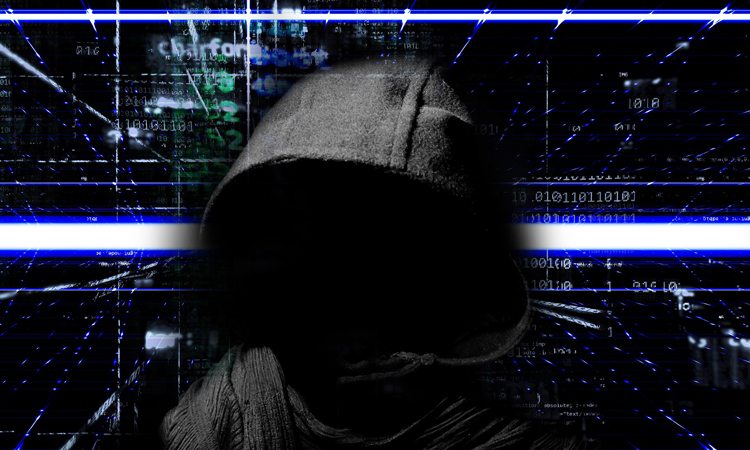Recent estimates showed that 87 percent of consumers had at some point failed to protect data and potentially put information at risk while using public WiFi. And the scariest fact is that your data can be compromised by everyday activities, not just online banking, as many people think: simply logging onto your personal or corporate email from an airport lounge can give hackers access to an alarming volume of your personal data.
The experts at Skyroam Solis – the 4G LTE WiFi hotspot and powerbank, delivers a safe, encrypted connection in more that 130 countries, offers some advice that will protect data.
How they do it?
Harvard Business Review describes the two most common methods of hacking. “Man in the Middle” allow hackers to intercept traffic between a user’s device and the destination by making the victim’s device think that the hacker’s machine is the access point to the internet. The “Evil Twin” technique means setting up a malicious free WiFi network with a name similar to the one of the hotel or the airport. Being cost conscious about your data and recognizing the name of the hotel, you could innocently connect to the hacker’s network! As you surf the web or do your online banking, all your activity could be monitored by some shady characters.
What can be stolen?
• Your money — directly through your Credit Card information
• Passwords from your email that can help to crack your bank and get to your money
• Private pictures and videos that can be used to blackmail you to get your money
What can you do to avoid being hacked?
1. Never do banking or online shopping on-the-go. That means anticipating and for all of your trip needs in advance, including paying for all hotels and train tickets from home. You’ll also need to calculate in detail how much money you will need during your trip, because you may not want to do online exchanges.
2. Don’t use email or access your social accounts. Postpone communication to your family, friends and business. If anything, urgent, they still can give you a real phone call as in the good old times.
3. Protect yourself with a virtual private network (VPN). It would cost you some money and most likely slow down your connection. But better slow than sorry, right?
4. Implement two-factor authentication wherever possible, so even if hackers get the passwords to your bank, social media, or email, they won’t be able to log in. Unless you lose your phone, too.
5. Always stay alert while browsing. Look out for the encrypted HTTPS connection on every page you visit — as opposed to a lesser protected HTTP standard.
6. Turn off the automatic Wi-Fi connectivity feature on your phone. Don’t let your device actively search for and connect to suspicious networks, while you are standing at the border control or relaxing in a bathtub in your hotel.
7. Turn off file sharing. Your colleagues can wait and get an important document update or invoice a couple of days later. Or weeks, if needed.
8. Use a Private WiFi connection – then you are able to keep connected to the important people and information in your life all on your personal, secure network.




